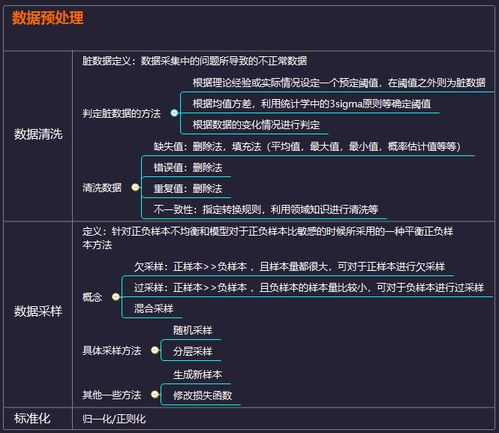ASP.NET Application Development and Implementation Solutions, Insights, and Techniques
Understanding ASP.NET Framework
ASP.NET is a powerful framework for building dynamic web applications. It allows developers to create robust and scalable applications using various programming languages, primarily C# and VB.NET. One of the main advantages of using ASP.NET is the integrated development environment provided by Visual Studio, which streamlines the development process. The framework supports numerous libraries and tools that assist in handling data access, user authentication, and application deployment.
Moreover, ASP.NET offers various models for application architecture, including Web Forms, MVC (Model-View-Controller
), and Web API. Each of these models has its strengths and is suitable for different types of applications, depending on the requirements. For instance, Web Forms are great for rapid application development while MVC provides better control over HTML and URL routing, making it ideal for complex applications.
Key Techniques for ASP.NET Development
When working with ASP.NET, several techniques and methodologies can enhance the efficiency of development. One crucial technique is leveraging MVC architecture to separate concerns, allowing the model, view, and controller to operate independently. This separation simplifies testing, maintenance, and scalability.
Another essential technique is adopting asynchronous programming patterns with the use of async and await keywords in C#. This approach allows for non-blocking operations, making applications more responsive, especially when performing I/O bound tasks such as database queries. It’s particularly useful in data-intensive applications where user experience is a top priority.
Additionally, utilizing Entity Framework for data access can significantly reduce the amount of boilerplate code required. It simplifies database operations and enables developers to work with data in a more intuitive way using LINQ (Language Integrated Query). Furthermore, understanding and implementing middleware in ASP.NET Core applications can improve performance and enhance functionality by allowing for custom request and response handling.
Best Practices for ASP.NET Programming
To ensure the reliability and maintainability of ASP.NET applications, it’s crucial to follow best practices. One such practice is implementing proper exception handling throughout the application. Using try-catch blocks effectively can prevent application crashes and provide meaningful error messages to users.
Additionally, security is of utmost importance in web applications. Employing techniques such as input validation, using HTTPS, and implementing authentication and authorization are essential for protecting user data and maintaining application integrity. Utilizing built-in security features of ASP.NET, such as AntiForgery tokens and role-based authorization can help mitigate common vulnerabilities.
Moreover, regular code reviews and unit testing are vital practices that contribute to high-quality code. Keeping the codebase clean and well-documented enhances collaboration among team members and makes it easier to onboard new developers.
In conclusion, the development and implementation of ASP.NET applications require a solid understanding of the framework, key techniques, and adherence to best practices. By harnessing the power of ASP.NET and following the outlined approaches, developers can create efficient, secure, and scalable web applications.





